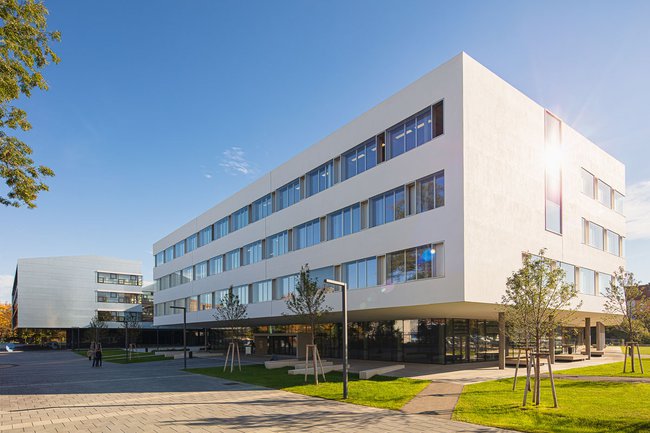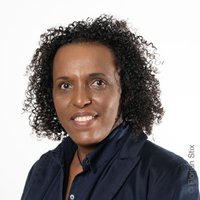Pupils Do Research on Sustainable Mobility
Young People Join Researchers of the St. Pölten UAS in Exploring Mobility Behaviours and Their Impact on the Environment

For the research project CLEA (Check and Leave for Environmental Action), pupils aged from 6 to 17 years explore questions on sustainable and inclusive mobility together and develop games to sustainably raise awareness on the topic of climate protection. Support for this endeavour comes from researchers of the St. Pölten UAS.
The project aims to achieve a long-term impact on mobility behaviours and thereby contribute to a positive change in the transformation of transportation. From now onwards, schools can apply for cooperation funding in the amount of EUR 1,000 for autonomous school projects on the topic of sustainable mobility.
Workshops Gives Background Knowledge
“In workshops and excursions, we discuss mobility behaviours and their impact on climate and the environment with the pupils. They get to know various research methods and get to actively use some of them as well. With simple examples, they learn, for example, to calculate carbon footprints, and reflect upon and discuss their results”, explains Hirut Grossberger, Senior Researcher at the Carl Ritter von Ghega Institute for Integrated Mobility Research and project lead.
The project also addresses social aspects of mobility. The contents of the workshops are agreed upon on a case-by-case basis with the teachers and adapted to the various age groups. Currently, seven local schools participate in the project.
Field Research and Development of Game Prototypes
Equipped with their acquired knowledge, the students can then do research themselves. In their immediate environment, they conduct interviews and determine what mobility in general means for their family members, their neighbours and their acquaintances and learn about their thoughts on sustainable mobility. In a further workshop, the pupils and the researchers evaluate the data they collected and interpret the results together. Based on their insights, the pupils first create an analogous prototype of a game made from recycled materials and later they create an actual digital game.
“The project makes an important contribution to moving the topic of sustainable mobility into the spotlight and increasing awareness. While it mainly addresses children and teenagers, the methods used ensure a wider outreach to their families and their surroundings. In addition, we awake the pupils’ interest in technical, economic, and social innovations and encourage them to pursue career paths in these fields”, says Grossberger.
Apply For Cooperation Funding Now
Schools can apply for cooperation funding in the amount of EUR 1,000 and autonomously work on the topic of sustainable mobility as a project partner. Teachers may work on the interrelations between transportation, climate change and the social aspects of mobility together with children and teenagers.
The contact person to apply for cooperation funding is the project lead at the St. Pölten UAS: Hirut Grossberger, hirut.grossberger@fhstp.ac.at.
CLEA – Check and Leave for Environmental Action
The project is led by the Carl Ritter von Ghega Institute for Integrated Mobility Research at the St. Pölten UAS. The partners at the St. Pölten UAS are the Ilse Arlt Institute for Social Inclusion Research and the Institute of Creative\Media/Technologies. Industry partners are Goodville Mobility OG and Königreich der Eisenbahnen GmbH.
The project’s current partner schools include Allgemeine Sonderschule Hainfeld, Allgemeine Sonderschule Traisen, BG/BRG Lilienfeld, BG/BRG St. Pölten Josefstraße, MS Theodor Körner St. Pölten, Volksschule Hainfeld and Volksschule Traisen.
The project is carried out within the framework of the “Talente Regional” programme of the Austrian Research Promotion Agency (FFG) and the Federal Ministry of Climate Action, Environment, Energy, Mobility, Innovation and Technology (BMK).
More about the project: CLEA – Check and Leave for Environmental Action - Research (fhstp.ac.at)
